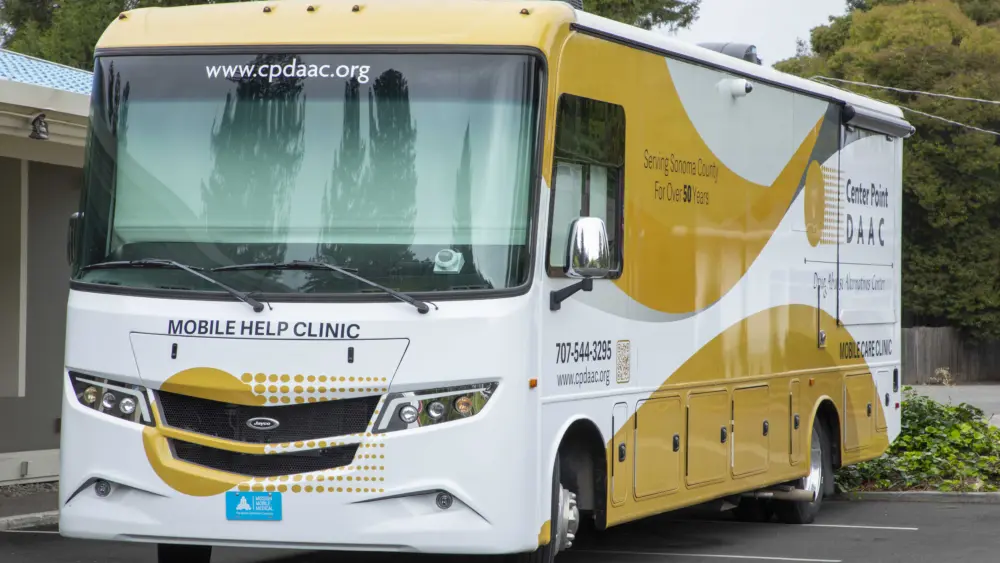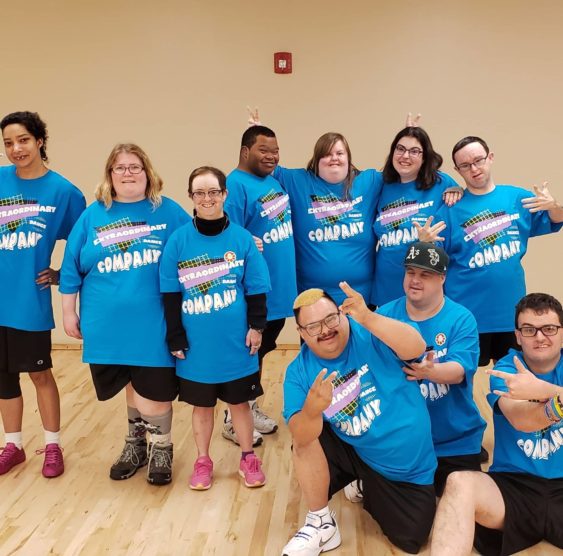
the movement lab
As the early days of the pandemic shrouded Sonoma County’s small business sector under a murky cloud of fear and uncertainty, Peter Lopez, owner of Juncture Taproom in Santa Rosa, pondered the most effective use of his $1200 stimulus check. He could deposit it in the bank or put it towards his overhead; he decided to pay it forward by investing in the community.
“I felt there was assistance being delayed to the businesses that needed it the most,” says Lopez. “How could I make this $1200 have a larger impact?”
The dearth of funding and resources accessible to the most vulnerable of small businesses, microbusinesses—independent contractors, freelancers and businesses of 10 employees or less—was something Lopez recognized early on, and it’s an issue the federal government recently acknowledged as well.

In February, the Biden Administration announced changes in distribution for Paycheck Protection Program (PPP) funds. The Small Business Administration (SBA) reserved a two-week period to accept PPP loan applications exclusively from businesses with 20 employees or fewer. The changes also called for designating $1 billion for businesses without employees in low- and moderate-income areas, which are 70% owned by women and people of color.
However, a year ago, minority-owned microbusinesses toiled at the back of the line for pandemic aid funding. Lopez used his stimulus check as seed money to launch a GoFundMe for local businesses in need called the “For the Love of Rosa” fund. With contributions from family and friends, Lopez’s initial investment of $1200 turned into $4000, along with thousands of dollars worth of personal protective equipment (PPE) in donations.
Alma Magallon, president of the Hispanic Chamber of Commerce Sonoma County, and a friend of Lopez’s helped the “For the Love of Rosa” GoFundMe transform into a 501(c)(3) nonprofit renamed “Small Business Hardship Fund—Sonoma County”.

“At first, everything Peter wanted to do wasn’t going to work unless we established a nonprofit organization to report donations and funds for tax purposes. The GoFundMe was to encourage the community to pay it forward and help microbusinesses facing hardships that may not be eligible for state or federal funding,” says Magallon, a member of the nonprofit’s board. “This funding comes down to having tax documents in order. Oftentimes, these mom-and-pop businesses don’t know who or what to trust when applying for assistance.”
Along with Magallon, Lopez enlisted the help of his sisters, Christy and Sally Lopez; Christy serves as CFO and secretary; Sally serves as executive director of the nonprofit, both sans salary.
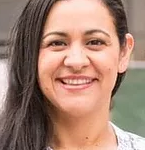
“Anytime Peter’s wheels start spinning, mine start spinning; we kind of thrive off each other,” says Sally Lopez. “We thought about the microbusinesses along Sebastopol Road; the ones who struggle with English and wondered how they were getting help. We wanted to create something to help with that.”
She says that the funds were initially limited to microbusinesses in Santa Rosa to have a greater impact in one area. The nonprofit released grant applications on social media and received 11 application requests, each of which was funded in the form of $500. The grant recipients included a dance studio, barbershop, hair salon, floral shop, day-care facility and auto-service centers.
“These grants are like putting tourniquets on, it’s being able to survive so you can sustain yourself a little longer,” says Larry Hillix, veteran and owner of War Pigs BBQ, who serves as the fund’s vice president. Hillix met Lopez five years ago as a patron of the Confluence Taproom.
“Pete is the most pure-hearted person I’ve ever met. He thinks about his community first—his employees, his family and then himself, typically in that order. He is always thoughtful in what he does,” says Hillix.

Lopez’s commitment to his community had a contagious effect, as Hillix volunteered his services free of charge to the nonprofit’s mission. Hillix thinks that microbusinesses are nearly invisible, and assisting them is an effort towards equality. He views the initial round of PPP funding as a failure, unable to address the needs of the businesses most in jeopardy. Initially, he admits to being somewhat skeptical about what impact the $500 loan amounts would have.
“You don’t have to completely get them out of the hole,” says Hillix. “Small businesses, we fight every day against negative reviews to stay open and pay rent. At the very least, these grants let businesses know they were not alone and had resources to access.”
The modest $500 grants had a major impact on their recipients: several businesses were able to cover rent; a hair salon acquired a tent to facilitate outdoor service to continue operations; a day-care center expanded its outdoor activities by purchasing tricycles for the children.
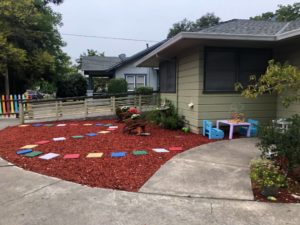
“The symbolism behind the grants and donations was very encouraging for these micro-businesses,” says Sally Lopez. “It made them feel like there was hope. These little communities like Roseland and all those around Sonoma County that are marginalized need help, and it isn’t just about the Latinos; it’s about all nationalities in these communities.”

As California begins to reopen, the nonprofit plans on hosting fundraisers to generate larger grants for microbusinesses that may face future hardships, and it is currently distributing fire-preparedness kits and ongoing assistance to businesses in need.
Magallon’s participation in the nonprofit is independent of her work with the Hispanic Chamber of Commerce–Sonoma County and cites it as an example of how local organizations can come together to serve the community.
“Sometimes you see competition for funding in the nonprofit world, and that was not our goal. Our goal was to partner with other organizations that wanted to give back as well,” says Magallon. “When you really do the work, you’re not doing it for kudos or recognition. You do it because your heart is in the right place for the community.”
The inspiration and passion that fuels Lopez’s community-driven mindset are products of the hybrid that created him: Sonoma County and Mexico.
“Around here, it’s common to hear ‘Santa Rosa Strong’ or ‘Sonoma Strong’. As the son of immigrants from Jalisco, I was raised with the saying, “¡Los de Jalisco, no se rajan!” It’s like the equivalent of ‘Sonoma Strong’. It’s saying, ‘We’re here and we’re not backing down.’”
To learn more about the fund, visit https://www.smallbusinesshardshipfund.com/
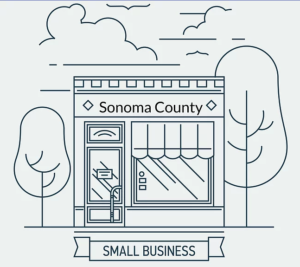
Author
-

Michael moved from Southern California to the North Bay in 2017, enrolling at Santa Rosa Junior College to pursue journalism and escape traffic. He was Co-Editor-in-Chief of the student paper. His work is published in The Press Democrat, The North Bay Bohemian, Pacific Sun and Sonoma Magazine.
View all posts



